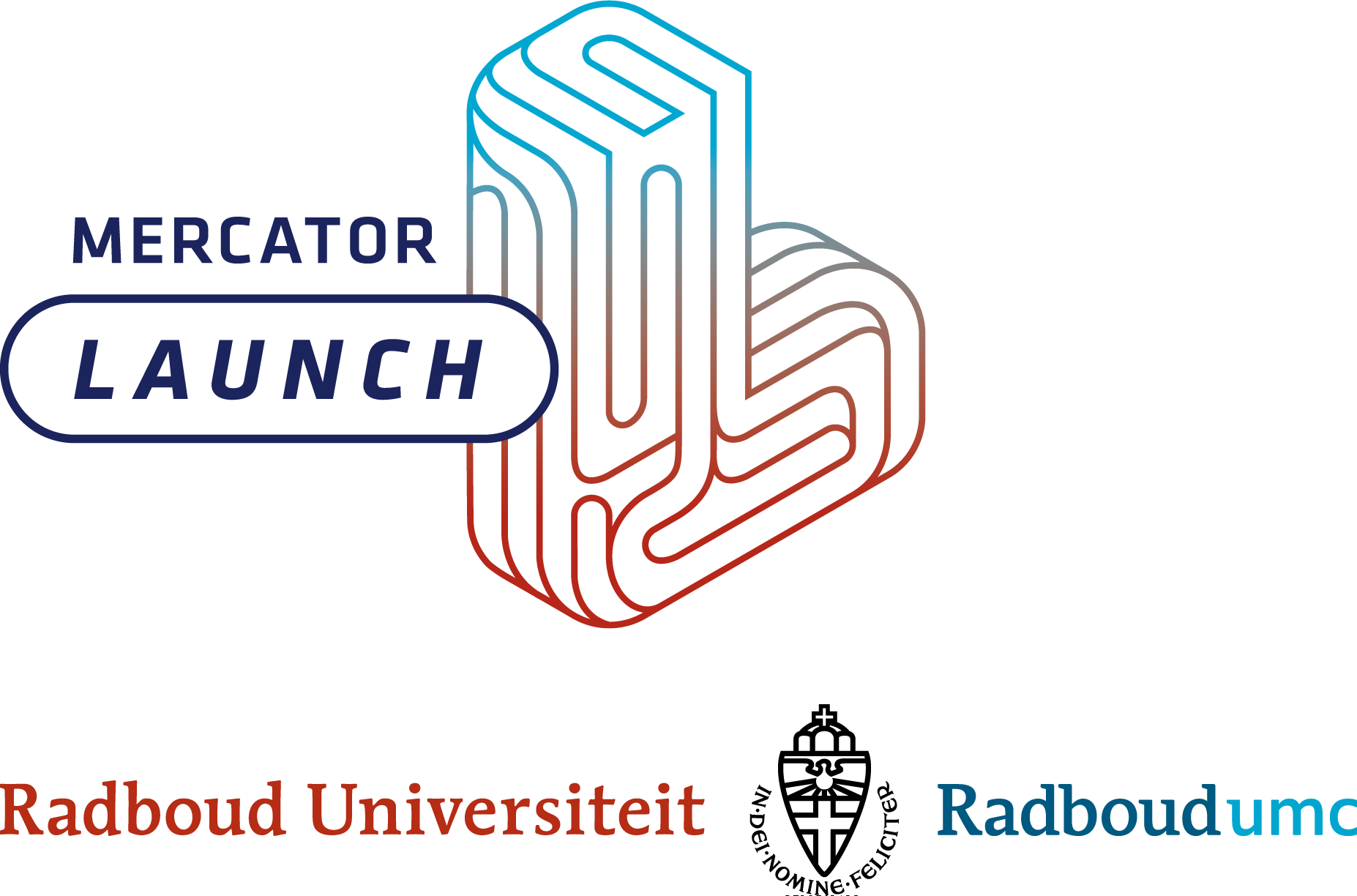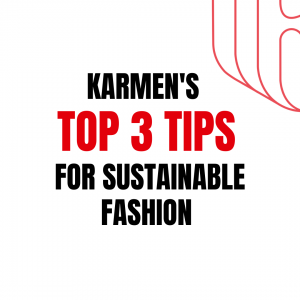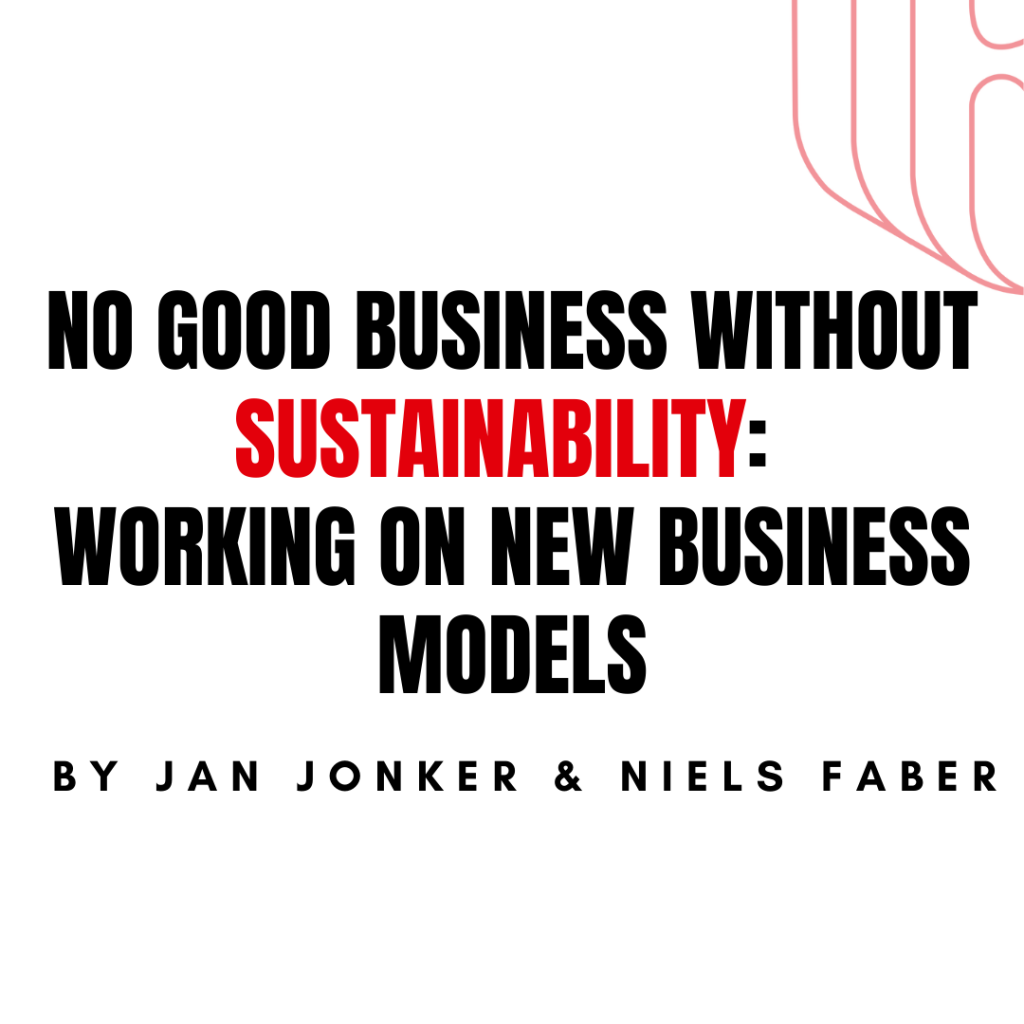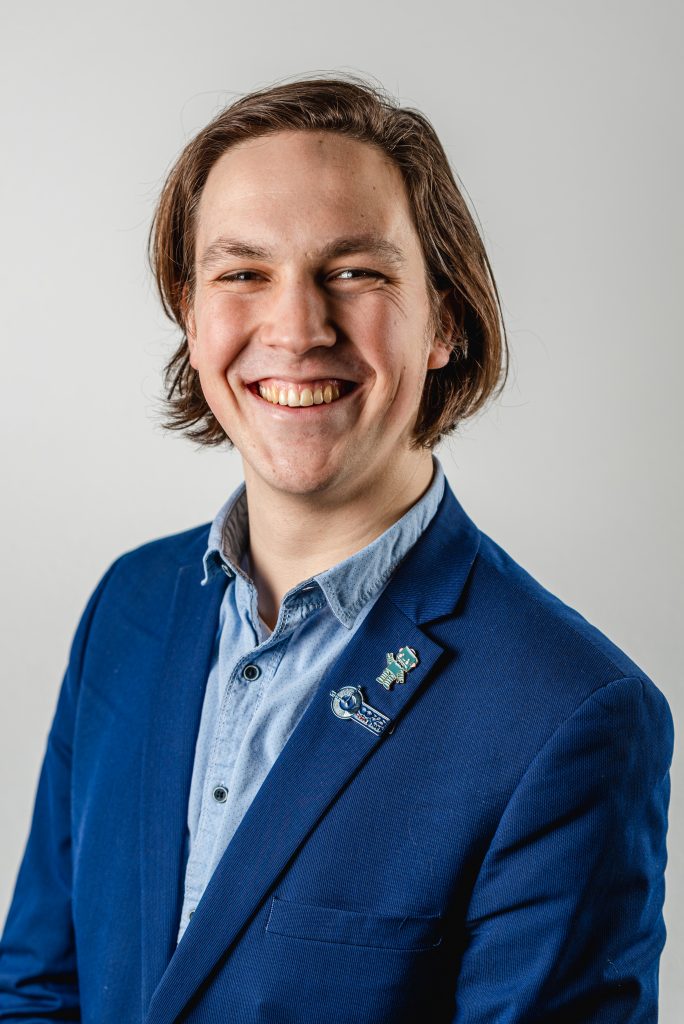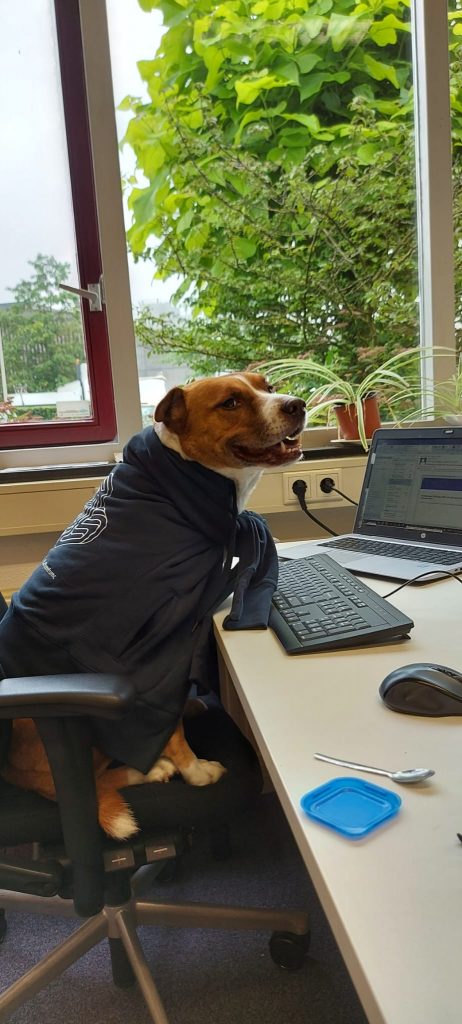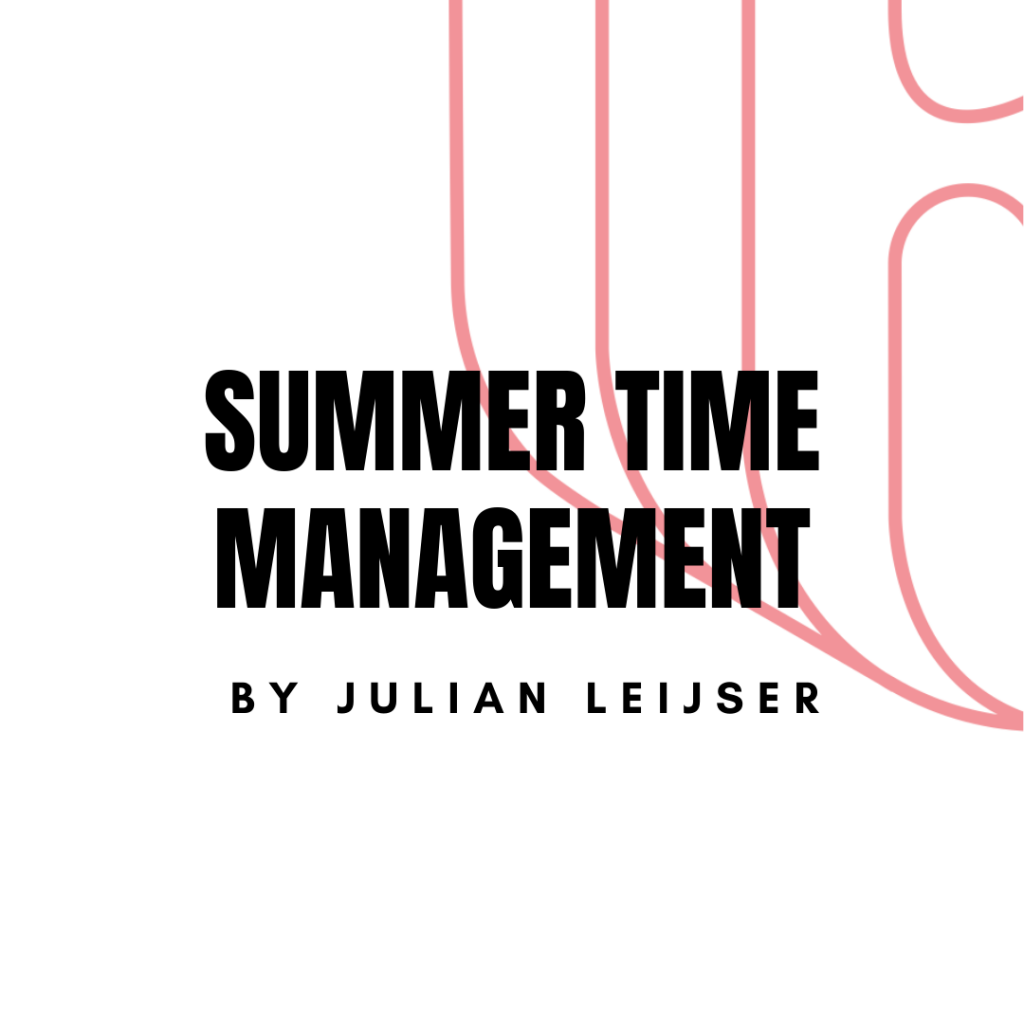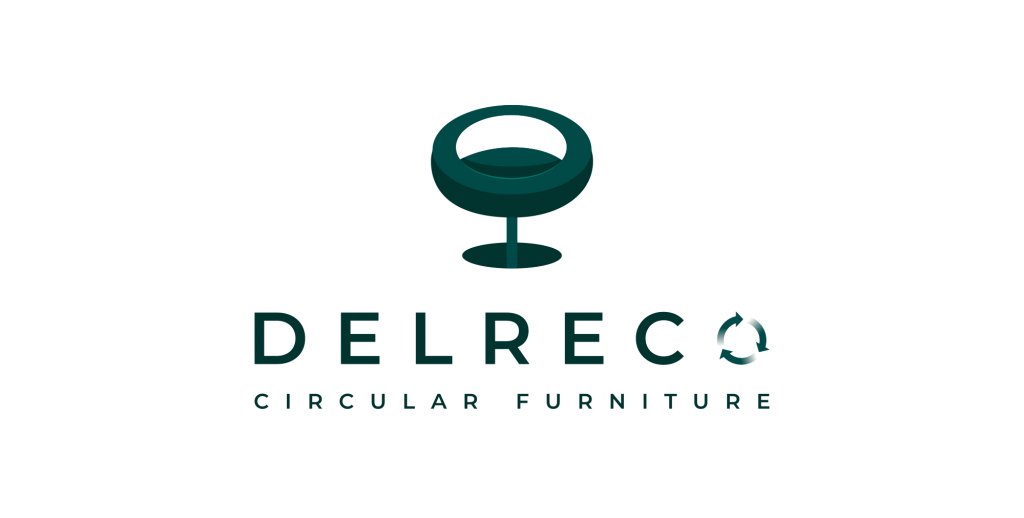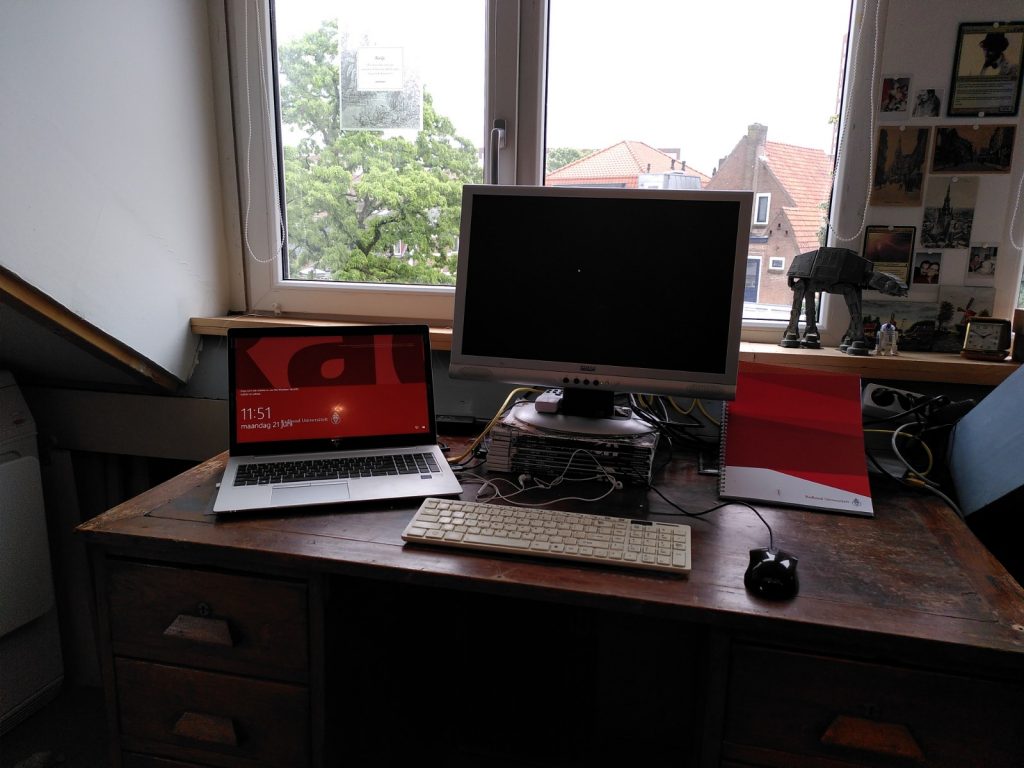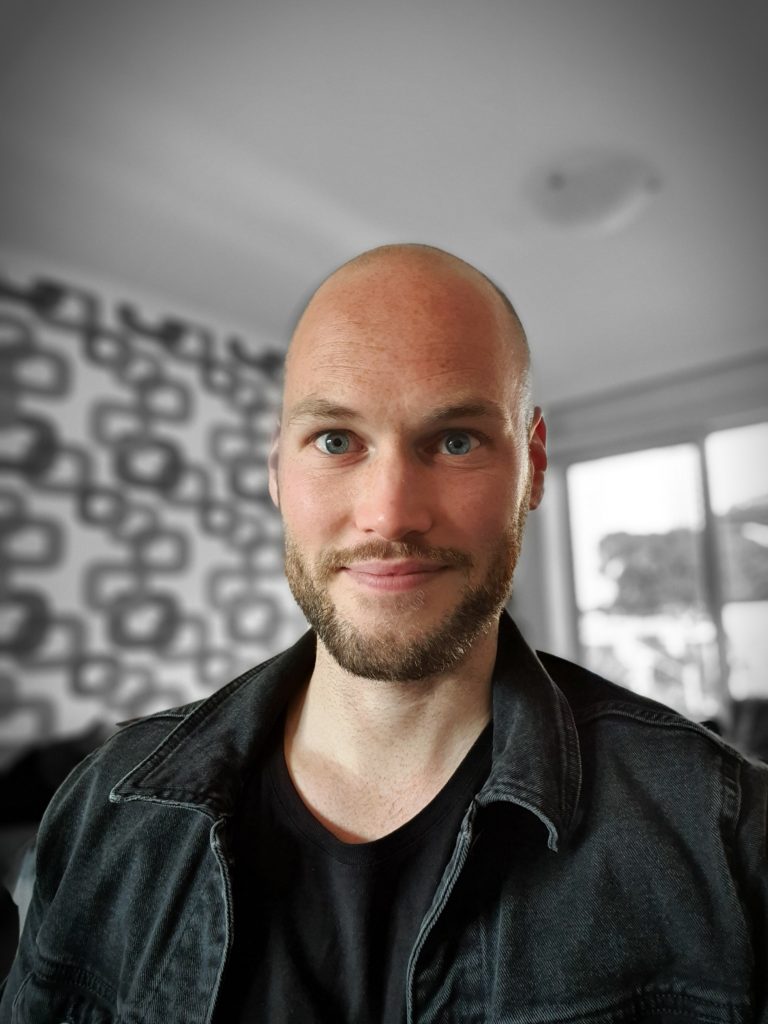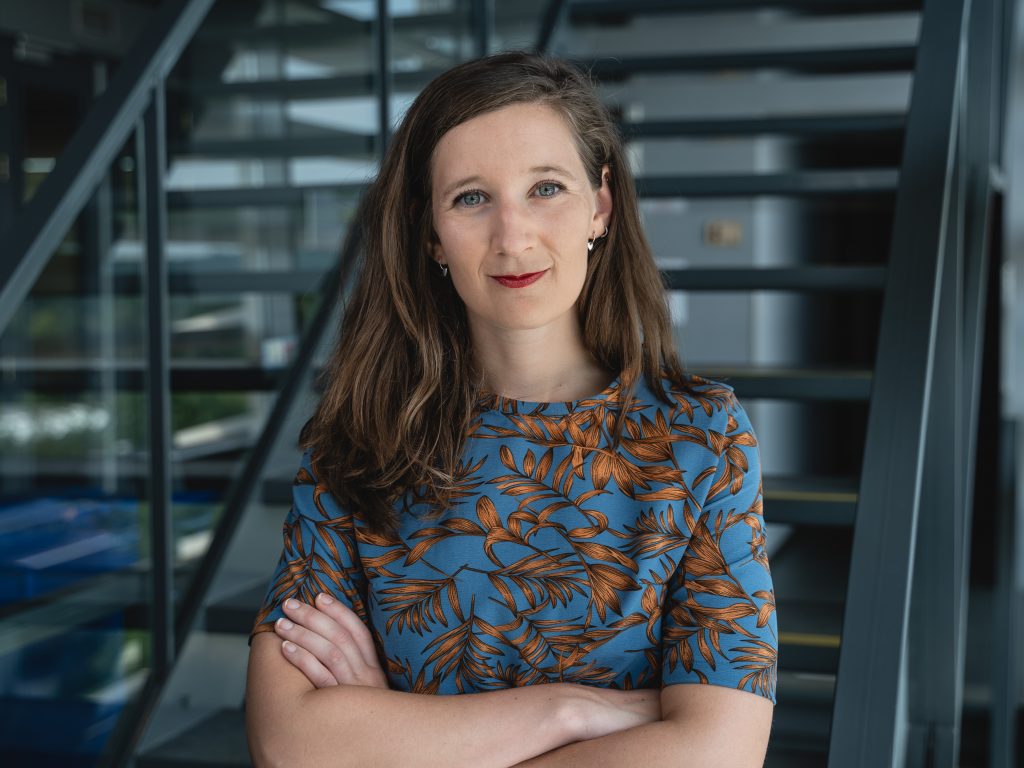
Tanneke Meijers is a psychologist and co-founder of Het Nederlands Instituut voor Persoonlijke Ontwikkeling (NIPO). She combines her startup with her work at the Behavior Change Group where she is head of the educational programmes and coach/trainer of the Behavior Change Talents.
7:00 AM
Usually I like to start up slowly and have the feeling that I’m ahead of the day. You seldomly see me rushing in the morning. More likely you’ll find me starting my day in a comfy lounge chair with a cup of coffee and the new manual for positive psychology. I love to read and I never feel like I read about psychology enough. Usually I’m reading 4 books at the same time, making notes about what I can use in my educational programmes and coaching. Either that, or I’m annoyingly following my partner around the house sharing ‘fun-facts’ about what I’m reading.
8:30 AM
My mornings are ideal for writing new blogposts about the psychology and philosophy of personal development. Today I’m diving into the principle of ‘Flow’: the pleasant feeling that occurs when nothing seems to exist but the task at hand. I am writing an article about what the 8 conditions of flow are and what you can do to experience more flow in your work. Would you like to check out articles about the philosophy and psychology of personal development? You can read more on our website and LinkedIn page.
9:45 AM
I’m heading to the Mercator Launch office on my bike to work there. We are organising a Post academic course with Het Nederlands Instituut voor Persoonlijke Ontwikkeling in which we teach the philosophy and psychology of personal development. Our goal is to give people an overview of the key theories and methods in personal development as well as opportunities for application. Today me and Mattheis van Leeuwen have two intake interviews with professionals who’ve subscribed to this educational program. We’ll have a talk about their work, what they hope to learn, and we’ll discuss the educational programme in detail to decide if there’s a good fit.
1:30 PM
After a quick lunch and a walk in Brakkenstein’s botanical gardens I grab my bike and head to the Behavior Change Group’s Office. Upcoming Friday I will host a training session for the Behavioral Change Talents, as a part of the trainee programme. This week’s training session will focus on the ideation of your ‘ideal work week’, both on a personal and professional level. Today I’m finetuning the presentation and heading to the printshop and the city centre for the last prints and gadgets that I need. Science-based educational programmes sure are my thing, but if I can also fit a confetti canon in my training sessions I will definitely do so.
5:30 PM
After dropping everything off at our training location in the city centre, my workday is done. Today, it’s one of the last sunny summer days so I decide to walk back home and enjoy the last piece of summer while it lasts!
